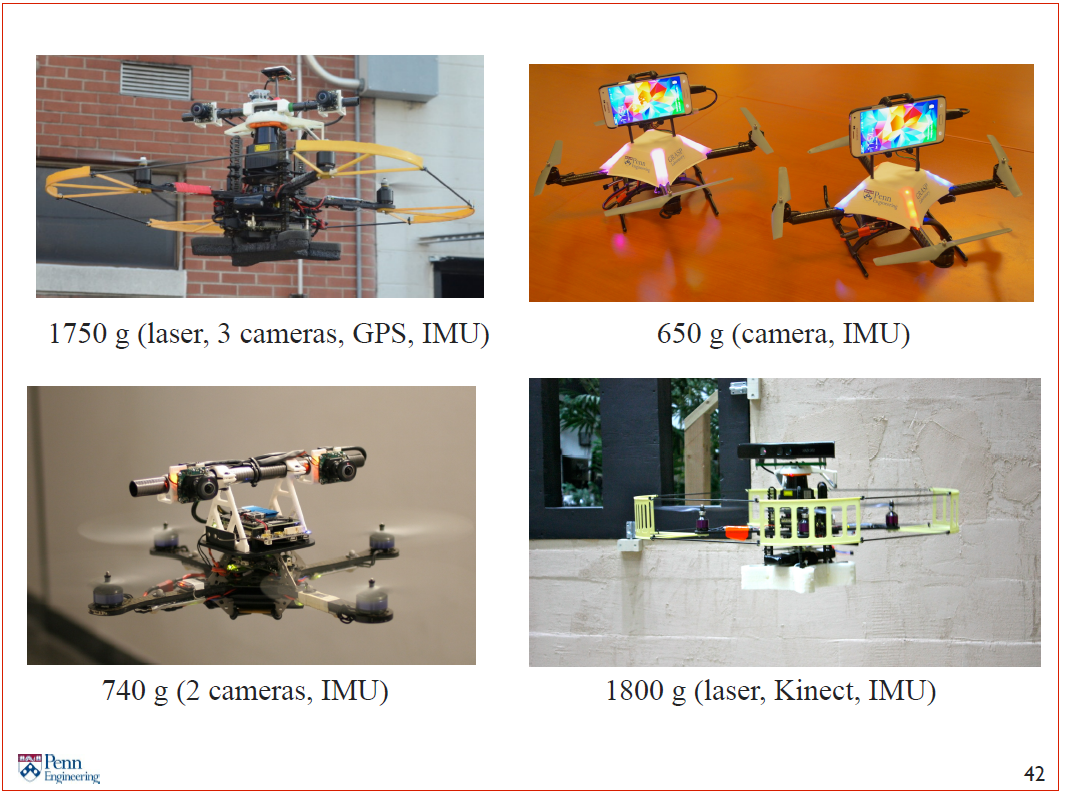|
The Internet has become an essential part of our daily lives, connecting people from different corners of the globe and revolutionizing the way we communicate, work, and access information. However, the road to the modern Internet was not a smooth one. Let's take a journey through the intriguing history of the Internet and explore its remarkable evolution. The story of the Internet begins in the 1960s when the United States military sought to create a robust communication network that could withstand a nuclear attack. This led to the development of ARPANET (Advanced Research Projects Agency Network), a groundbreaking packet-switching network that laid the foundation for what would eventually become the Internet. In the early stages, ARPANET connected only a limited number of research institutions and military bases. However, it quickly expanded, and by the late 1970s, email had become a popular means of communication among users. The introduction of TCP/IP (Transmission Control Protocol/Internet Protocol) in the 1980s standardized communications across diverse networks, enabling seamless data exchange and paving the way for the global network we know today. The 1990s marked a turning point in Internet history with the advent of the World Wide Web. British computer scientist Tim Berners-Lee invented the HTTP (Hypertext Transfer Protocol) and HTML (Hypertext Markup Language), which allowed users to navigate through interconnected web pages using hyperlinks. The World Wide Web made the Internet accessible to the general public, sparking an era of unprecedented growth and innovation. As the Internet gained popularity, various technologies emerged to enhance user experience and enable new capabilities. The introduction of web browsers like Netscape Navigator and Internet Explorer made it easy for non-technical users to browse the web. Search engines such as Yahoo! and Google revolutionized information retrieval, making it easier to find relevant content in the vast sea of information available online. With the turn of the millennium, the Internet continued to evolve at a rapid pace. The rise of social media platforms like Facebook, Twitter, and YouTube transformed how people connect, share ideas, and consume content. E-commerce platforms like Amazon and eBay revolutionized the way we shop, while streaming services like Netflix and Spotify changed the entertainment industry forever. Today, the Internet has become an integral part of our lives, connecting billions of devices and people worldwide. The emergence of mobile technology and the proliferation of smartphones have further amplified the Internet's impact, allowing us to stay connected on the go. Looking ahead, the Internet is poised for even greater advancements. The Internet of Things (IoT) promises to connect everyday objects, from household appliances to cars, creating a network of interconnected devices that can communicate and share data. Moreover, technologies such as 5G and artificial intelligence hold the potential to reshape the Internet landscape, enabling faster connections and smarter applications. The journey of the Internet from its humble beginnings as an experimental military project to a global phenomenon has been nothing short of remarkable. As we embrace the digital age, it is vital to reflect on its history and appreciate the incredible innovations that have shaped the Internet into what it is today—a powerful force driving progress and connecting the world like never before.  |
